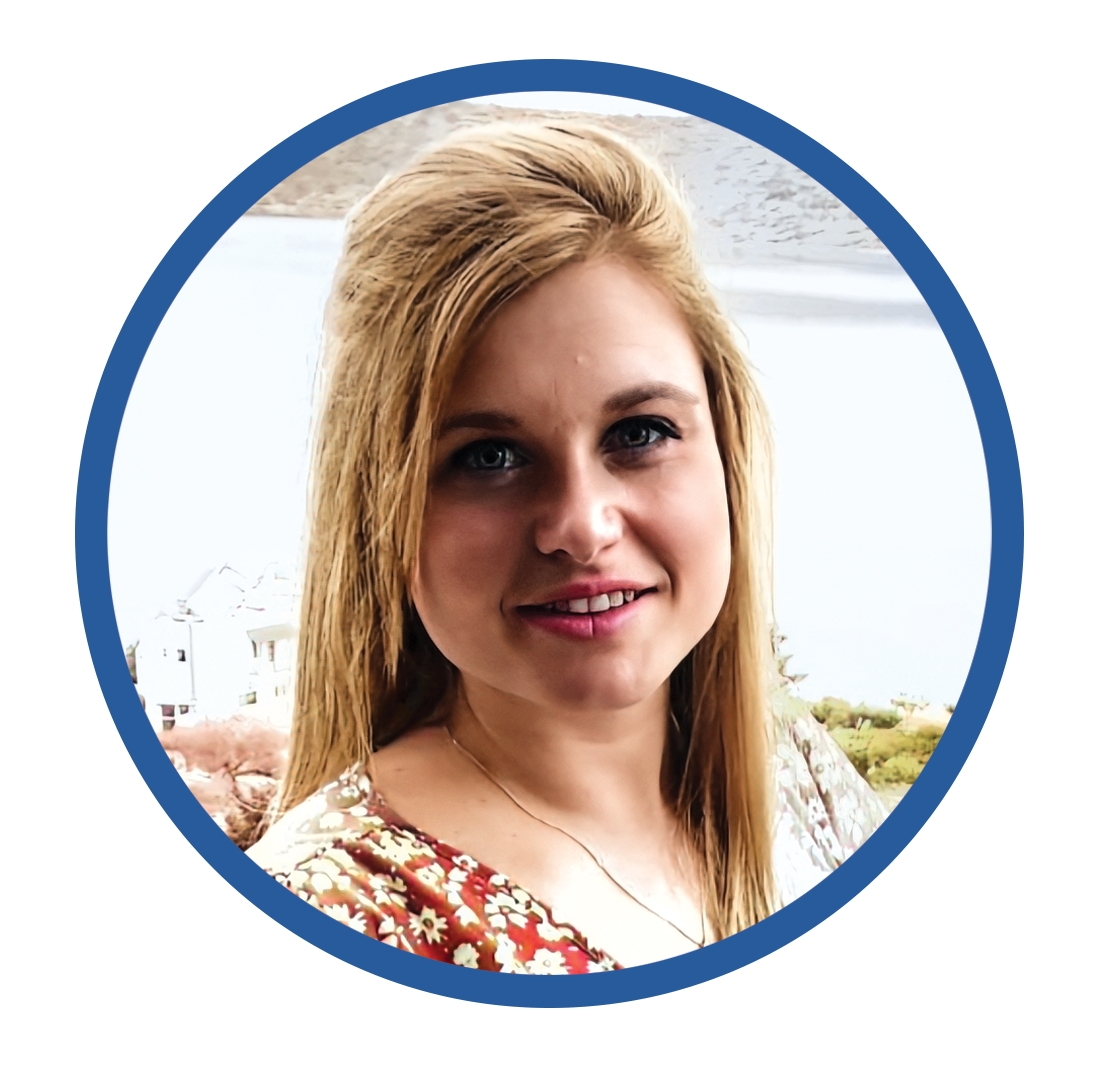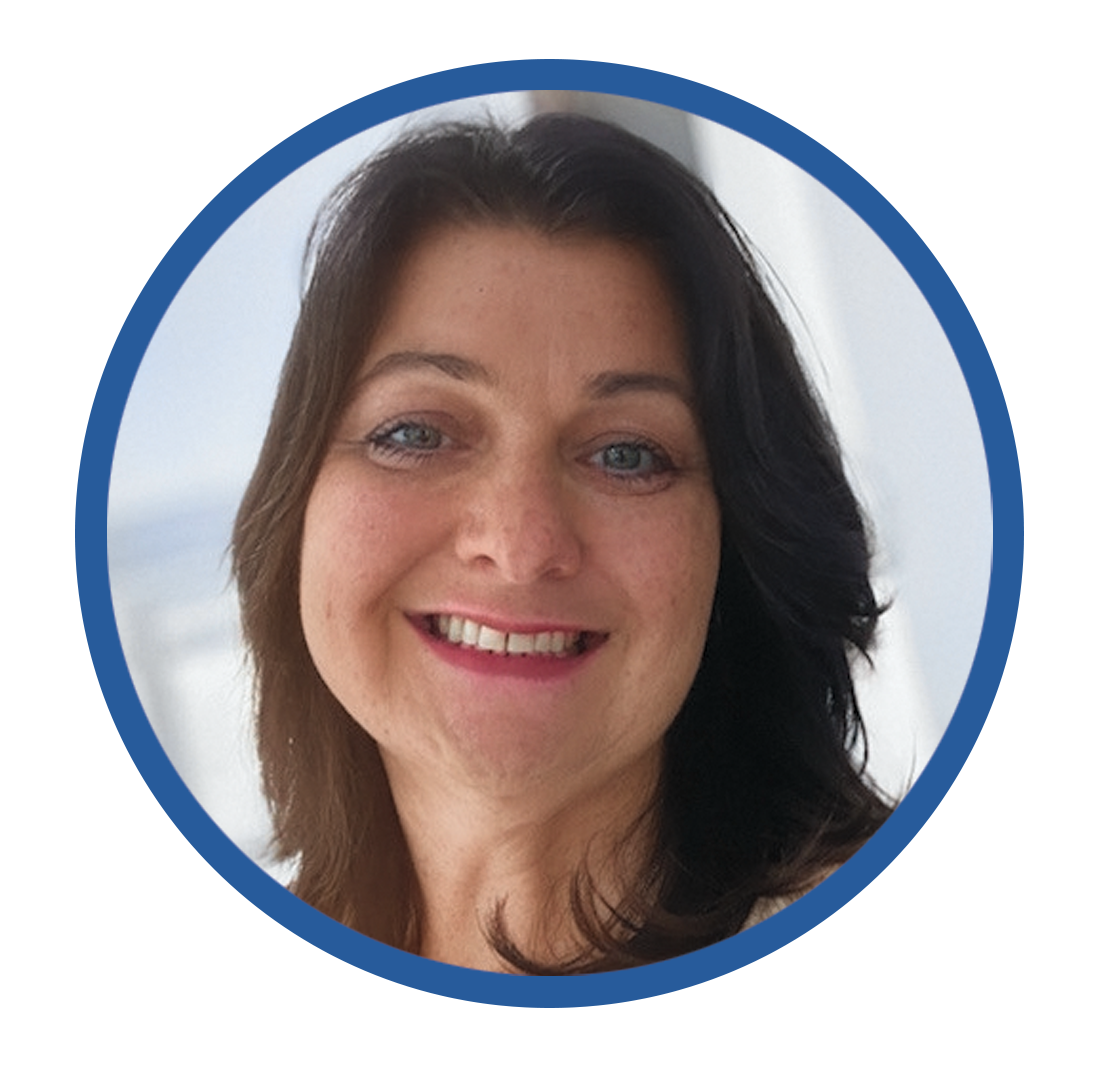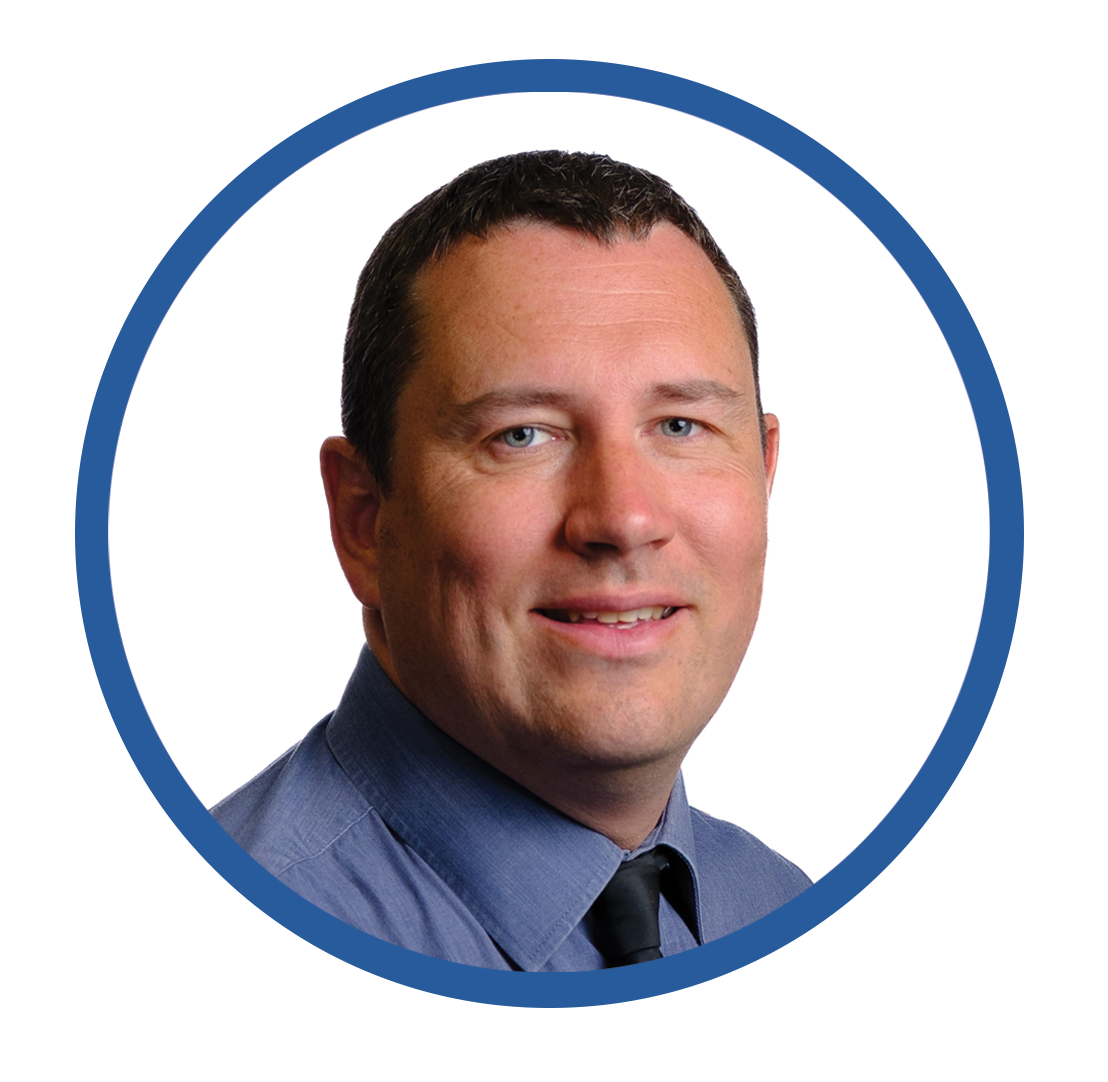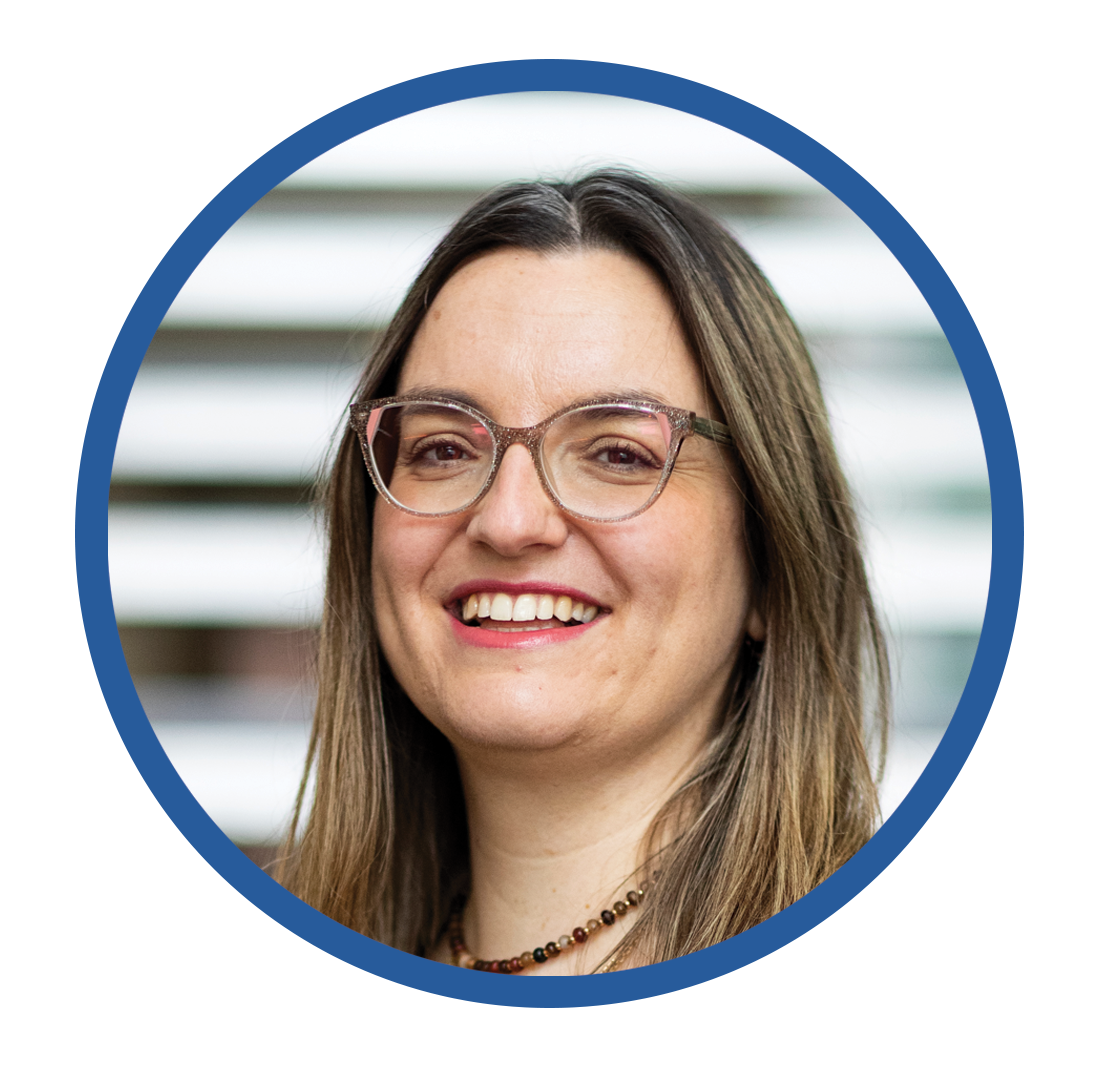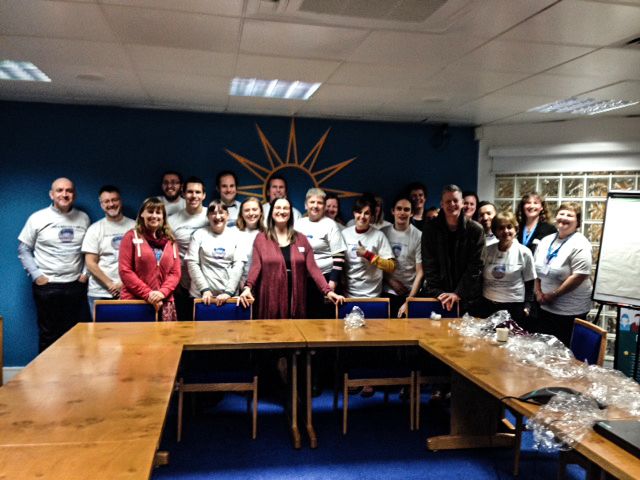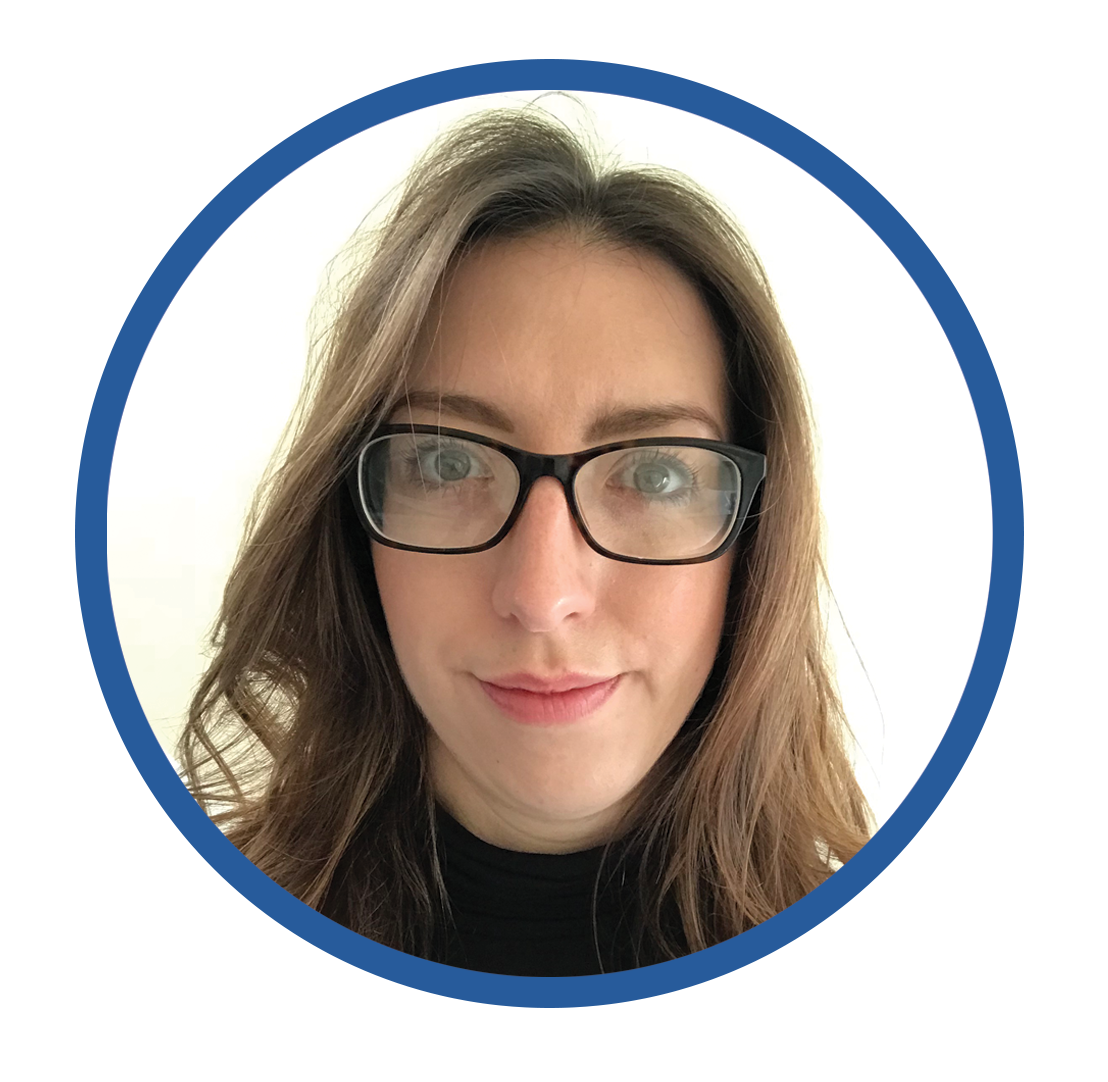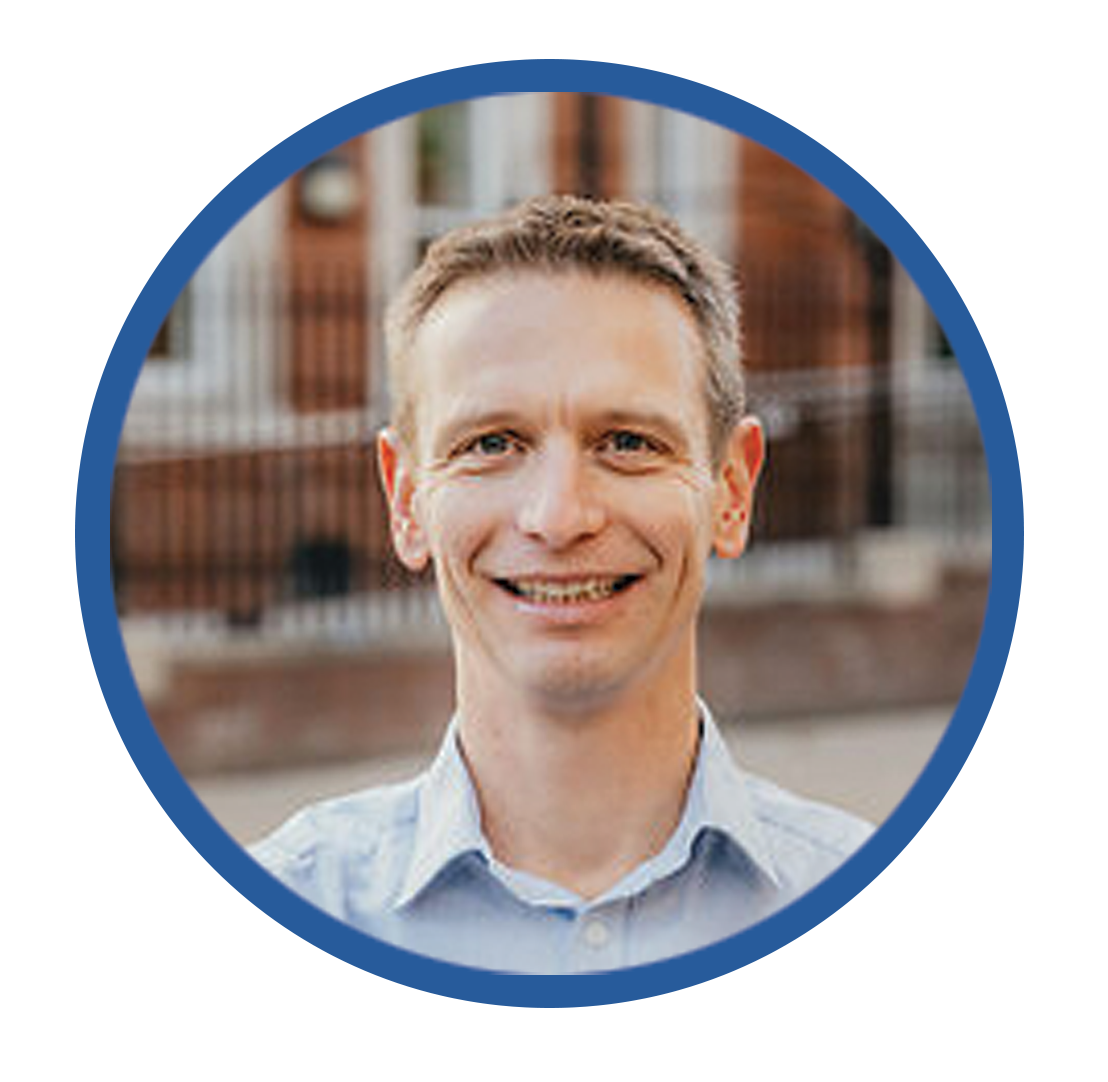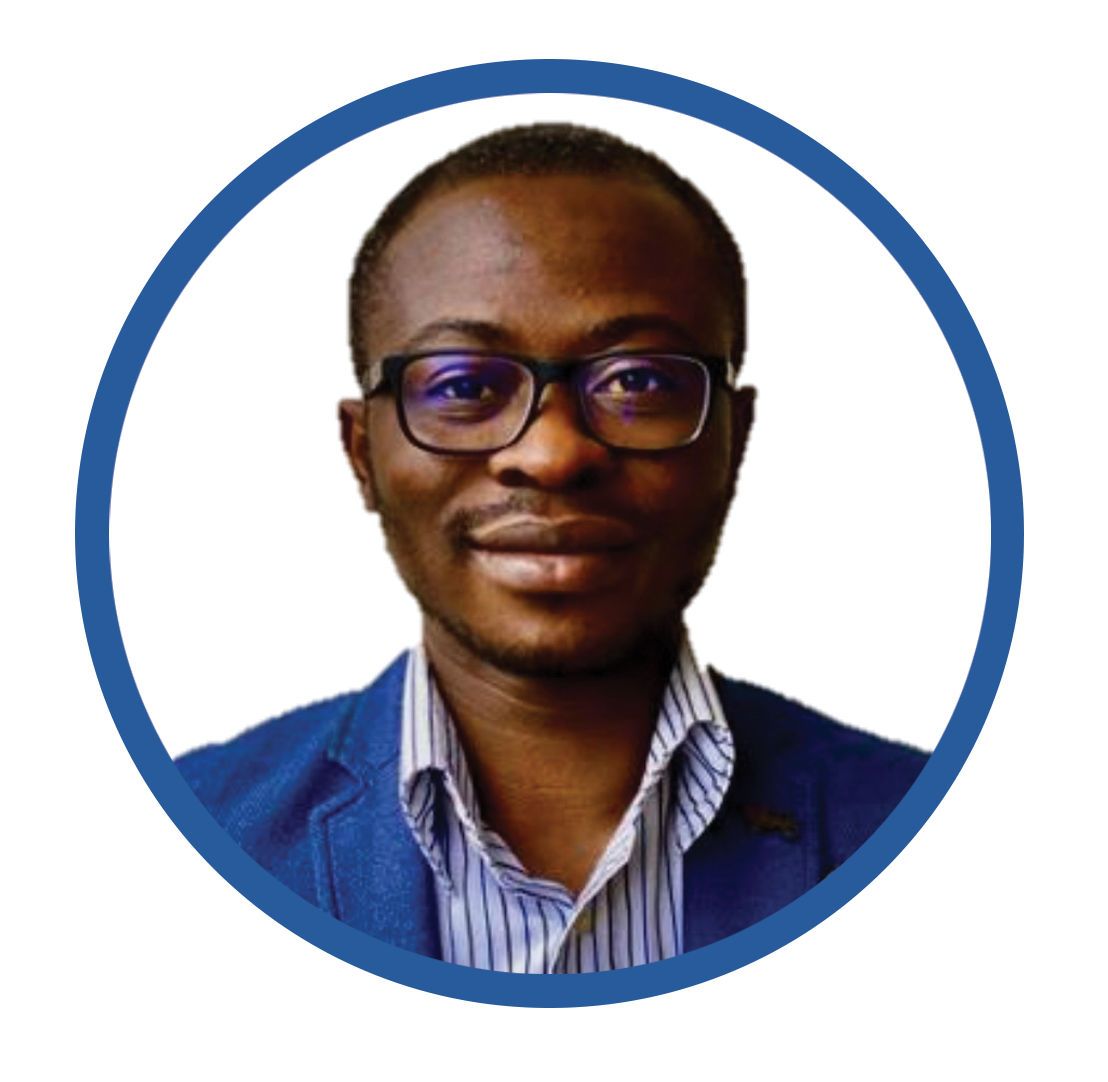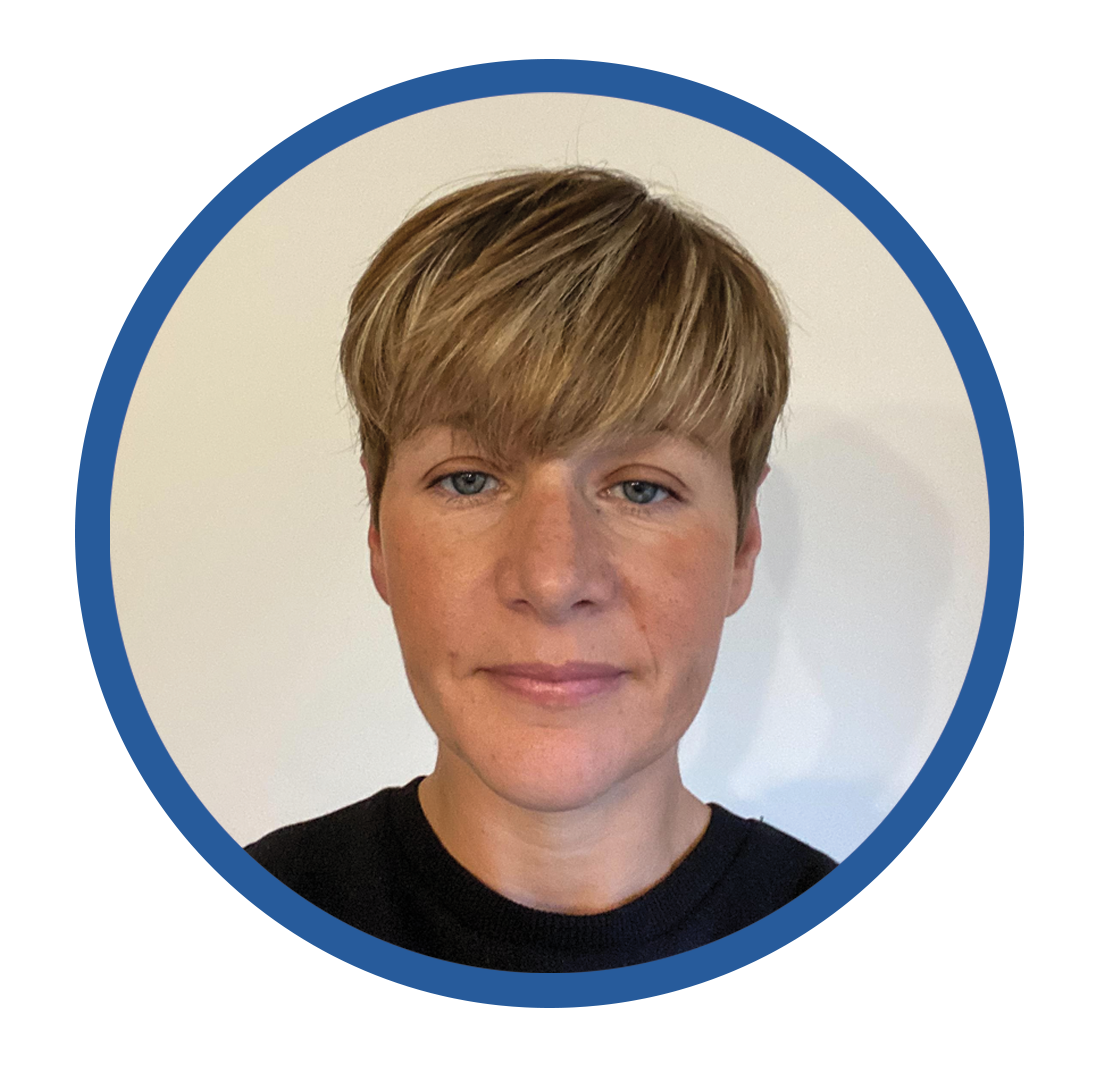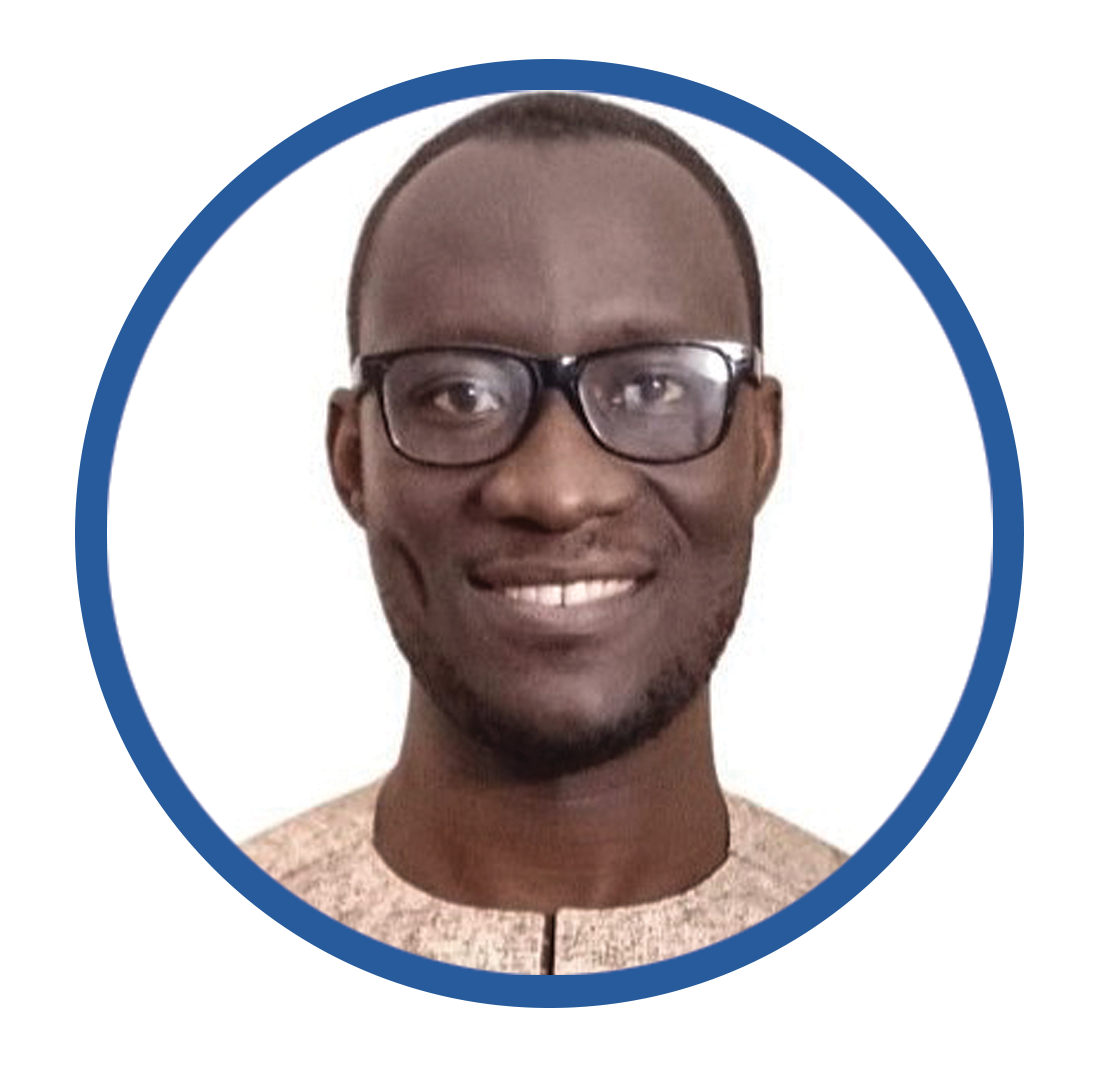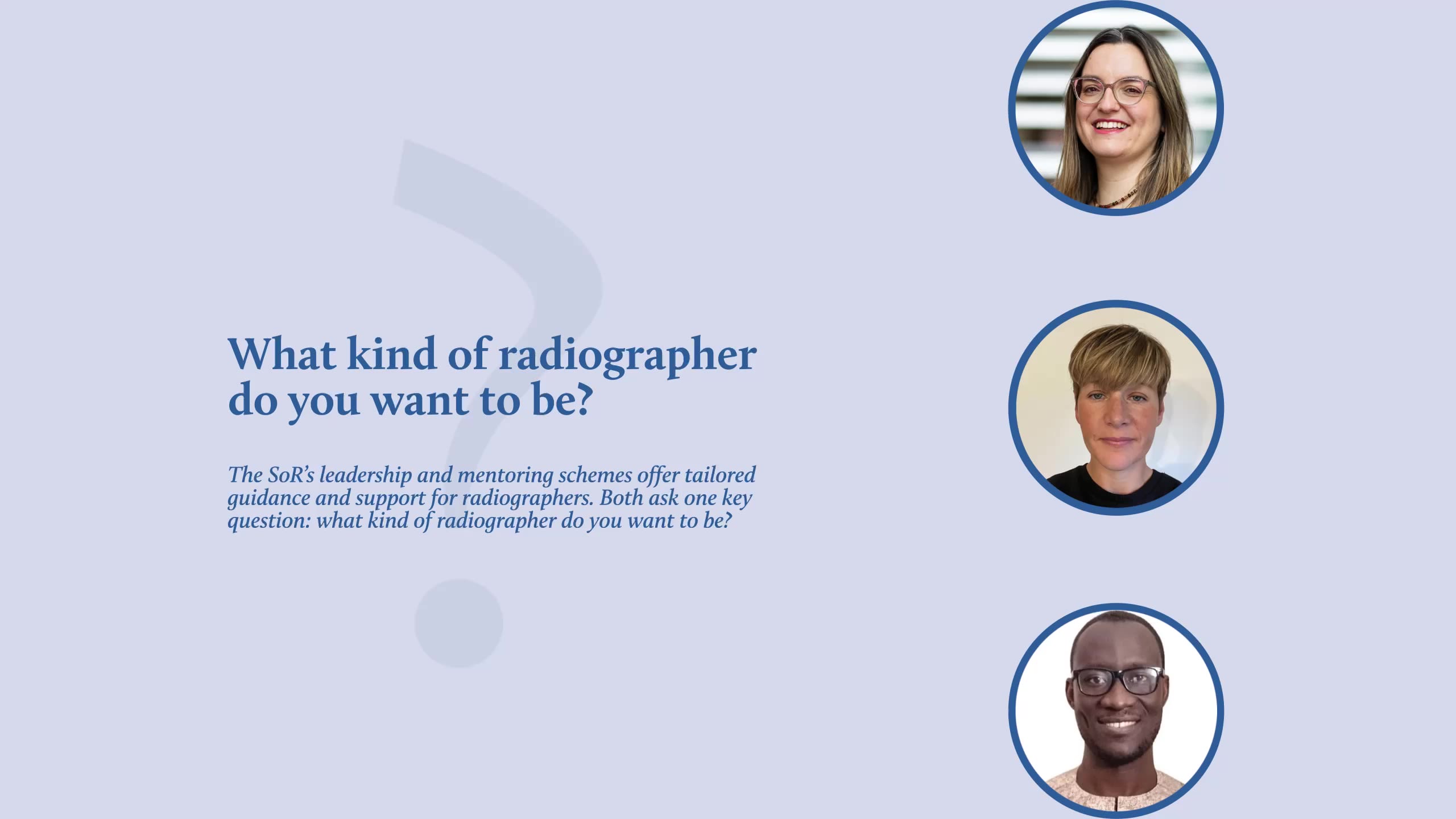
Mentorship is a valuable aspect of the support that the Society of Radiographers offers its members. For radiographers, SoR mentorship is the chance to talk to an expert in the field, set goals and objectives and get support on exactly how to reach them.
The Leadership Mentoring Scheme (LMS), run by the Society of Radiographers, and the Formal Radiography Research Mentoring scheme (FoRRM), led by the College of Radiographers, have been running for one year and four years respectively, each offering a chance for members to improve their leadership skills, or research skills for mentees, as well as the opportunity for established radiographers to bolster their mentoring skills.
At this year’s UK Imaging and Oncology conference, held in Liverpool on 10-12 June, participants in both schemes shared their insights and experiences with the schemes.
Leadership
The society’s Leadership Mentoring Scheme underwent its pilot initiative last year, with 10 mentors and mentees participating – which had “really positive outcomes”.
Round two of the scheme, due to start in October, has now closed for applications, but radiographers interested in moving into a senior leadership role can apply next year for one-to-one mentoring from senior leaders within the profession.
By developing mentoring skills through the support of an external coaching company, Coach Mentoring, senior radiographers establish a working relationship with their mentee that helps them develop leadership and management skills, and increase personal and professional confidence as well as professional networking opportunities.
Mentors and mentees have set evaluation points, where they must fill in forms to ensure their relationship is on track and to check whether the objectives they set at the beginning have changed or how they have developed.
Regular keeping-in-touch sessions set points for participants in the scheme to check in not only with their partners, but also with their peers, to support each other’s progress and share tips.
The scheme is overseen by a steering group that assesses applications for mentees and how pairs are put together. It also steps in should a relationship not be progressing.
In the long term, the scheme hopes to support leadership throughout the profession.
Hannah Bown
Hannah Bown
Kerry Mills
Kerry Mills
‘I knew we’d form a good connection’
Hannah Bown, lead interventional radiographer at Basingstoke and North Hampshire Hospital, shares how she found the mentoring experience from the perspective of a mentee.
Hannah was new to her managerial role at the beginning of the scheme, and found opportunities for leadership development were “often scarce” – and where they did exist, departments “commonly undervalue and underinvest” in them.
“When I discovered the scheme, I knew I needed to embrace this unique opportunity,” she says. “It was a great chance to develop myself and network with other professionals. But I was apprehensive of what lay ahead – I enjoyed my comfort zone. Stepping out of it and into the unknown was intimidating.”
Luckily, Hannah found that many of her concerns were unfounded. She explains that through a “crazy, radiographic speed-dating game” she was paired with her mentor, Kerry Mills, national strategic education lead for cancer and diagnostic programme in the Workforce Training and Education directorate at NHS England. “I immediately knew Kerry and I would form a good connection,” says Hannah.
“Our journey started full of enthusiasm and I achieved a lot – but we strayed away from some of our set goals. I only realised this when reviewing job specs for a role I didn’t actually want to apply for. I reflected on it, and decided to bring it to Kerry’s attention.
“Testament to the respectful and strong connection we had developed, this conversation was one of the most valuable and constructive we had had. A lightbulb moment occurred.”
Thanks to her decision to be open and honest about her goals with the mentoring scheme, Hannah was able to redirect the mentorship towards dealing with professional challenges she was already facing, rather than aspirations towards heights she was not as interested in. “We’re constantly tweaking our objectives, and some of our sessions are challenging,” Hannah admits. “Kerry doesn’t always give me the answers I want, but she gives me a safe space where I can verbalise my thoughts, work through problems, be challenged and feel supported.
“Kerry identified that in many ways it is not my ability but my self confidence that holds me back. I struggle to see my own worth because I have a really loud inner critic that causes me to constantly question myself. Together, we are slowly developing strategies to help challenge my own narrative and combat the imposter phenomenon.”
Jamie Beck
Jamie Beck
‘It allowed us both to develop skillsets in complementary ways’
The scheme offered mentor Kerry, meanwhile, the chance to establish a connection over a longer period of time, she explains. Kerry describes her relationship with Hannah as a “true partnership” that, while certainly a learning curve, has been invaluable to her. “It allowed us both to develop skillsets in complementary ways,” she says. “We’re both quite lively and intense people who are extremely passionate about our profession and the work we do. Put the two of us together and the energy and enthusiasm and mutual motivation bubble over. We ran off into the sunset wanting to take over the whole world.”
Kerry explains that spending time with Hannah has also given her a “window to the shop floor”, in a way that had made her determined to find ways to move forward and offer lived experiences of leadership to other people.
Jamie Beck, assistant professor of diagnostic radiography at the University of Bradford, emphasises how well the scheme fit into his current role and goals. “Financially, the LMS is very affordable, and it’s imaging focused,” he says. “I didn’t want to be writing massive assignments – I wanted a scheme with a light touch for commitment, and that could account for the academic setting I was working in.
“The scheme has allowed me to produce tangible things that contribute to leadership – strategies that I can give as documentary evidence of what we’ve managed to achieve.”
Dr Christina Malamateniou
Dr Christina Malamateniou
Research
The FoRRM scheme is now in its fourth year, after it was first conceived 15 years ago by Dr Christina Malamateniou, associate professor for the School of Health and Medical Sciences at City St George’s University of London.
She explains that it had been in development between 2004 and 2015, when doctorate degrees and research pathways for radiographers were “scarce”. “There were very few radiographers with a PhD degree and many radiographers were supervised by professionals in other disciplines such as medicine or physics/engineering,” says Christina. “Despite their best of intentions and their expert knowledge in their respective fields, which helped advance the research projects, these research supervisors, or others who managed radiographers in their doctorates, did not know (how could they possibly know?) how to carve out a path for research radiographers.”
Christina says she too had struggled with the decision of whether to abandon radiography research – until she decided, with access to a role model, a mentor, she could find the sense of direction and professional identity she craved.
It took another 11 years before Christina shared her thoughts with Dr Charlotte Beardmore, executive director of professional policy for the SoR, Dr Rachel Harris, head of professional practice and education, and Dr Heidi Probst, professor of radiotherapy and oncology at Sheffield Hallam University. In January 2017, the first Formal Radiography Research Mentoring scheme materialised, with the first cohort of 10 mentees and 10 mentors.
“Deep inside me, I still hope there are now fewer aspiring radiography researchers who will feel the isolation and despair I felt back then, and more of them who feel genuinely enthused about the transformative power of evidence-based practice,” says Christina.
“This is truly a labour of love, which I hope will continue touching the lives of others for many years to come.”
Much like the LMS, FoRRM relies heavily on a team of expert mentors, who are trained in coaching, sign a formal contract with their mentee and set objectives for the year ahead.
FoRRM offers a unique opportunity to build the future research leaders, enhance research capacity, celebrate excellence and effort through its awards, foster collaboration through its networking events, and share this knowledge with others though its regularly updated website.
On completion of last year’s scheme, mentors said the key to the scheme was the importance of adaptability and flexibility. According to the 2023-24 summary report: “Each mentee has unique strengths, areas for improvement and research interests. Mentors have had to tailor their approach to meet their mentees’ specific needs and learning styles. Mentees reflected that without the support of their mentors few of their achievements would have happened.”
Rachel Brooks-Pearson
Rachel Brooks-Pearson
Ian Simcock
Ian Simcock
‘I didn’t want to plateau – I needed some direction’
Rachel Brooks-Pearson, research and development clinical specialist radiographer at the Northern Centre for Cancer Care in Newcastle, was a mentee on the scheme last year, and explains she had completed the “obvious milestones” of a clinical research Master’s degree, presentations at international conferences and multiple published papers.
But after doing so, she found that she was unsure of where to go from there. “What I didn’t want to do was plateau. I needed some direction,” she says. “Since starting this scheme I’ve been appointed to the Young ESTRO Committee [a committee within the European Society for Radiotherapy and Oncology that supports young professionals], and been appointed as co-lead of the society’s Special Interest Group for Radiotherapy Clinical Trials for Therapeutic Radiographers.”
Rachel has also started running research master classes to build interest locally, and has been asked to lecture on both an undergraduate radiotherapy course and a postgrad clinical science course.
Ian Simcock, clinical academic radiographer at Great Ormond Street Hospital and Rachel’s mentor, says he has also benefitted from having a mentor to advance his skills, self belief, leadership and independence. “I just asked questions, provoked thoughts and possibly offered insights – but my role as a mentor is just to be a sounding board and to ask questions,” he explains. “It’s raised my awareness of what challenges people might be identifying in their roles, and how I might break through those.”
Dr Theo Akudjedu
Dr Theo Akudjedu
Dr Amy Hancock
Dr Amy Hancock
Dr Benard Ohene-Botwe
Dr Benard Ohene-Botwe
‘There are benefits both ways’
Sentiments around the benefits for mentors of undergoing the process are echoed by the other senior research radiographers on the scheme.
Dr Theo Akudjedu, associate professor in clinical imaging at Bournemouth University, reflects on how the mentoring has helped, not only through the support of the training company but in his conversations with his mentee. “I have become a good listener and a coach, which is something I feel like I struggle with sometimes,” he says. “That has been invaluable for my personal development. I really get an in-depth understanding of the current clinical landscape, which I can then translate back into the classroom for my students.”
Dr Amy Hancock, senior lecturer in medical imaging at the University of Exeter, emphasises how her relationship with her mentee developed her approach to mentorship. “There are definitely benefits both ways,” she says. “Being in contact with Katherine [her mentee] keeps me up to date with all the clinical changes.
“It’s really important to invest time at the start, get objectives clear, but don’t be afraid to go back and make changes – that’s not a failure, it’s acknowledging that we’re in a different position and we might need to refresh.”
Dr Benard Ohene-Botwe, senior lecturer in diagnostic radiography at City, University of London, explains that his experience as a mentor in FoRRM has allowed him to expand his network, gain valuable insights into his mentee’s research aspirations and collaborate with them on research projects. “FoRRM is a vital initiative that benefits mentees and mentors alike, serving as a catalyst for research development in radiography,” he concludes. “I highly encourage everyone to participate in this valuable programme.”
More about SoR mentorship schemes
To find out more about the Formal Radiography Research Mentoring scheme, how it works and how to apply either as a mentor or a mentee, click here.
To find out more about the SoR Leadership Mentoring Scheme, how to apply as mentor or mentee and other leadership development programmes, click here.
Read more



